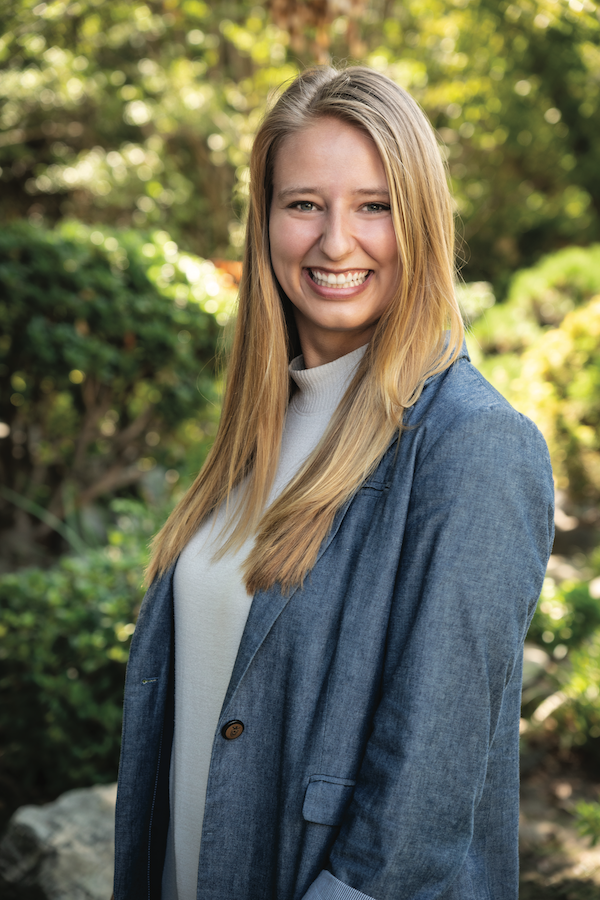Being Single Doesn’t Mean You Have to Face Cancer Alone
6 Things You Can Do to Build Your Support Team
by Lauren Shea, MSW, MPH, CHES
Being a single adult with cancer can be an overwhelming experience. As a single person, you may not have the same built-in support that someone with a significant other does. However, that doesn’t mean you have to face this alone. Here are six things you can do to build your cancer support team.
Being single with cancer comes with its own set of unique needs and challenges, and it’s important you have someone to talk to.
1. Recruit your team.
Though you may not have a romantic partner, there are people in your life who want to be there for you. Your support team can include family members, friends, neighbors, coworkers, caregivers, other cancer survivors, and your medical team. Get creative when recruiting your team. Try to pinpoint your teammates’ strengths and weaknesses, and delegate tasks geared toward each person’s strengths. And don’t forget about your long-distance teammates. Your loved ones who live far away can help with tasks that can be done from afar. For example, your best friend who lives in another state can join medical appointments via phone or video chat and take notes for you.
2. Be honest.
Many people with the best intentions will tell you to “be positive” during your cancer journey. However, most cancer survivors will tell you that it is more helpful to “be honest.” Research shows that talking honestly about your feelings and your problems can help reduce anxiety and depression, as well as ease tension among loved ones. Often, people with cancer and their loved ones have the same fears. It’s just that no one wants to bring them up. Being honest about these fears will help you feel closer to your support team and can strengthen your relationship.
3. Let your support team know what is helpful – and what is not.
The people in your support team want to help you, but they may not know how to be helpful. Don’t assume your loved ones automatically know what you need. Make a list of specific examples of things that are helpful and things that are not. For example, someone texting you ten times a day to ask, “Are you doing OK?” may not be helpful. However, having a friend bring you tea once a week might be. Communicating your needs openly and honestly is the only way to ensure those needs will be met.
4. Don’t be afraid to ask for help.
It’s normal to feel some guilt when asking others for help. Single adult cancer survivors often share that one of their biggest fears is being a burden to their loved ones. As an independent person, this may be the first time in your adult life that you’ve needed to depend on others. Getting used to the idea that you may need help and support from other people can be a difficult transition. However, it’s OK to ask for help when life is hard.
Getting used to the idea that you may need help and support from other people can be a difficult transition. However, it’s OK to ask for help when life is hard.
5. Reach out to other cancer survivors.
In addition to support from loved ones, you may want to connect with other cancer survivors. Being single with cancer comes with its own set of unique needs and challenges, and it’s important you have someone to talk to. If you feel like no one on your support team “gets it,” talking with a peer who has also faced cancer as a single adult can validate your experience of navigating the challenges of cancer without a significant other. Moreover, someone who has gone through a similar cancer or treatment can offer you inside tips and tricks that no one else can.
6. Connect with a mental health professional.
Anyone in your situation would easily feel unsettled, worried, sad, or fearful. You may have even noticed your previous ways of coping with distress are not working like they used to. It’s important that you reach out to a mental health professional if you are having difficulty coping with cancer. They will listen to you and help you develop useful coping skills to deal with this new challenge in your life. Ask your doctor or medical social worker to connect you with a mental healthcare professional in your area who works with cancer survivors.

Lauren Shea is a clinical social worker and public health practitioner in the Department of Supportive Care Medicine at City of Hope Comprehensive Cancer Center in Duarte, CA. Lauren is the program leader for a psychoeducational program focused on communication and coping skills for cancer survivors without significant others. Lauren is passionate about helping young adults with cancer cultivate healthy relationships within their support system.
If you need help getting connected with a fellow cancer survivor, reach out to Imerman Angels (ImermanAngels.org). Imerman Angels is a support organization that matches newly diagnosed individuals with a “mentor angel,” a person who has fought the same disease, experienced the same treatment, and has flourished despite these challenges. Through in-person, phone, or online conversations, mentors can walk you through what to expect after a cancer diagnosis and help support you along the way.
This article was published in Coping® with Cancer magazine, January/February 2022.


